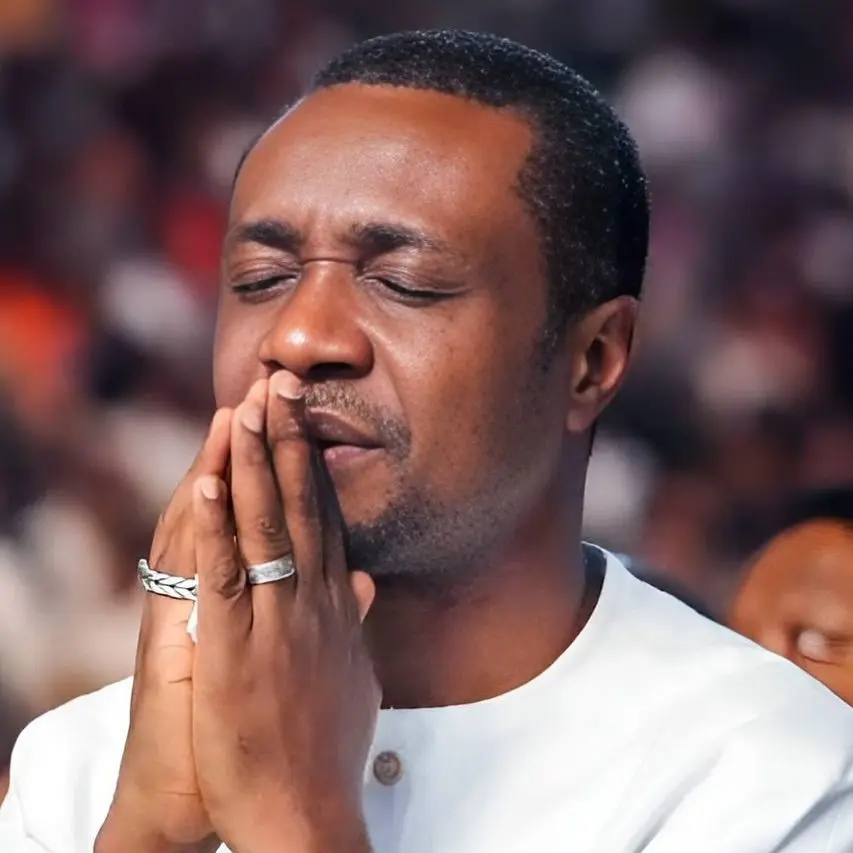
The Supreme Court will on Friday (today) determine whether or not to stop the trial of the Senate President, Dr. Bukola Saraki, on charges of false asset declaration before the Code of Conduct Tribunal.
A seven-man bench, led by the Chief Justice of Nigeria, Justice Mahmud Mohammed, had on December 4, 2015, fixed Friday for judgment after entertaining arguments on an appeal by Saraki, with the Federal Government urging the apex court to dismiss the Senate President’s case and allow the trial before the CCT to continue.
Saraki’s appeal filed through his lead counsel, Mr. Joseph Daudu (SAN), is challenging the majority judgment of the Court of Appeal in Abuja, delivered on October 30, 2015, which affirmed the jurisdiction of the CCT to try him and the competence of the charges of false asset declaration preferred against him by the Federal Government.
The Federal Government had, in September 2015, arraigned Saraki before the CCT on 13 counts of false asset declaration which he allegedly made in 2003 as governor of Kwara State. The Danadi Umar-led CCT had dismissed Saraki’s protest against the competence of the charges and jurisdiction of the tribunal.
Saraki had appealed against the decision of the tribunal, but the appeal was dismissed by a two-to-one split decision of a three-man bench of the Court of Appeal in Abuja on October 30, 2015.
He further appealed to the Supreme Court, maintaining that the charges were not competent and that the CCT lacked the jurisdiction to try him, because it was not duly constituted as it comprised two instead of three members provided for by the Constitution.
The Supreme Court had, on November 12, 2015 through a five-man panel, led by now retired Justice John Fabiyi, granted an order of stay of proceedings in Saraki’s trial before the CCT, pending the hearing and determination of his appeal. After granting the order of stay of proceedings, the apex court ordered parties – Saraki and the Federal Government – to exchange their briefs of argument within 14 days.
A new panel, headed by the CJN which heard the appeal on December 4, 2015, comprised Justices Walter Onnoghen, Tanko Muhammad, Sylvester Ngwuta, Kudirat Kekere-Ekun, Chima Nweze and Amiru Sanusi.
Saraki’s lawyer, Daudu, raised seven grounds of appeal against the judgment of the Court of Appeal, urging the Supreme Court to set aside the lower court’s judgment, the entire proceedings of the CCT and the charges preferred against him before the tribunal.
At the hearing of the appeal, Daudu faulted the judgment of the appeal court on, among other grounds, that it erroneously affirmed the competence of the proceedings of the Code of Conduct Tribunal, which sat on the appellant’s case with only two members as against the three provided for in the provisions of Paragraph 15(1) of the Fifth Schedule to the 1999 Constitution.
Daudu also maintained that the charges filed by the then Deputy Director in the Federal Ministry of Justice, Mr. Muslim Hassan (now a Federal High Court judge), when the office of the Attorney-General of the Federation had not been occupied by any person, were incompetent.
In its respondent’s brief of argument opposing the appeal filed by Saraki, the Federal Government through its counsel, Mr. Rotimi Jacobs (SAN), urged the Supreme Court to uphold the majority decision of the appeal court which held that the Danladi Umar-led CCT was duly constituted.




















